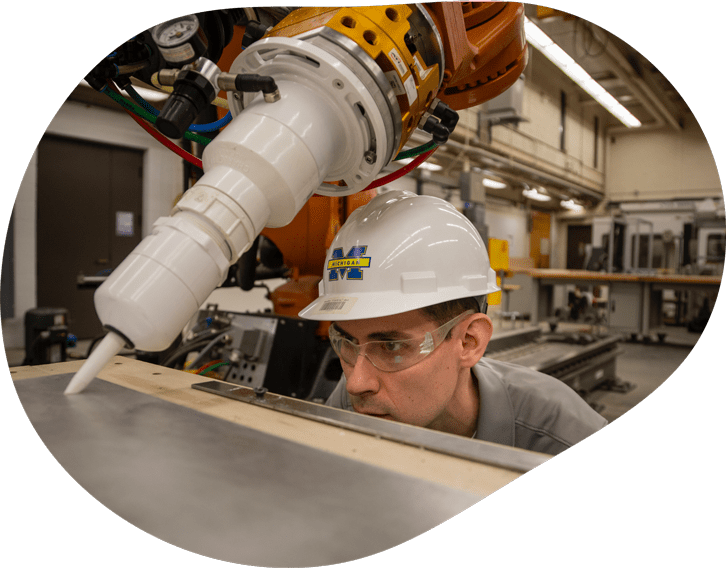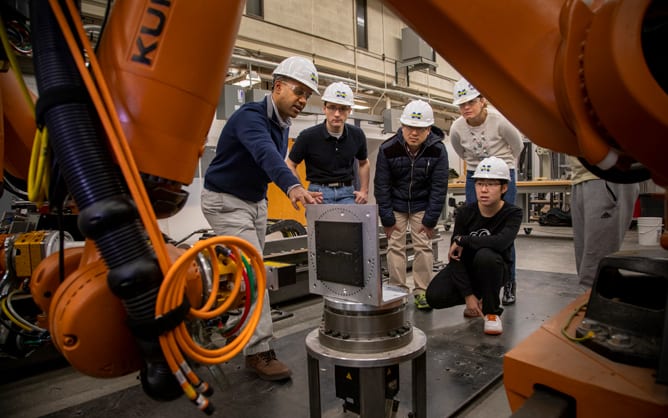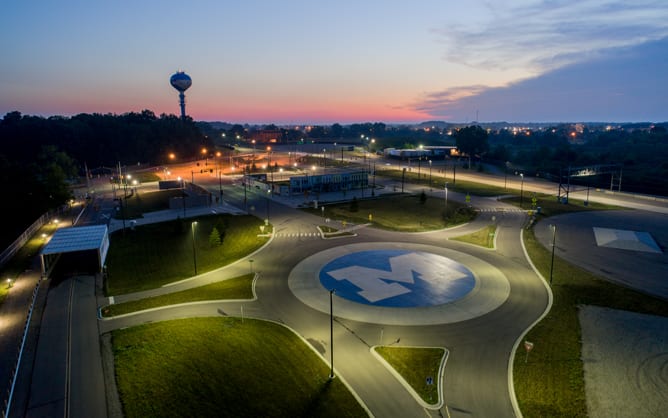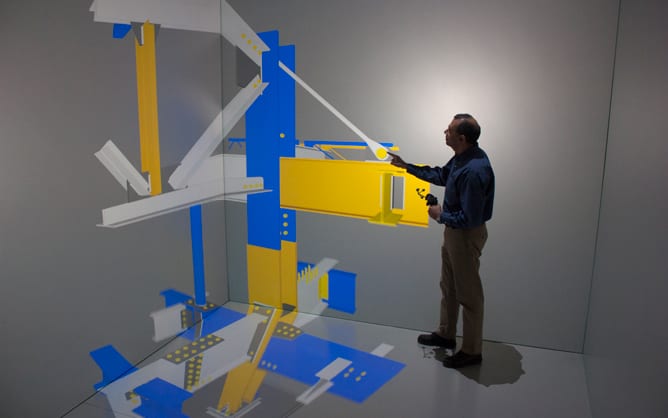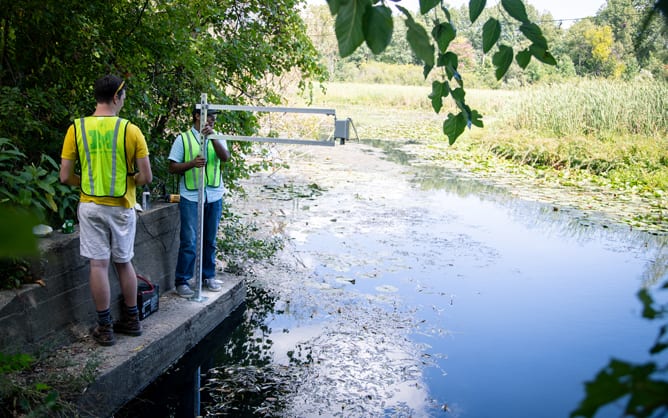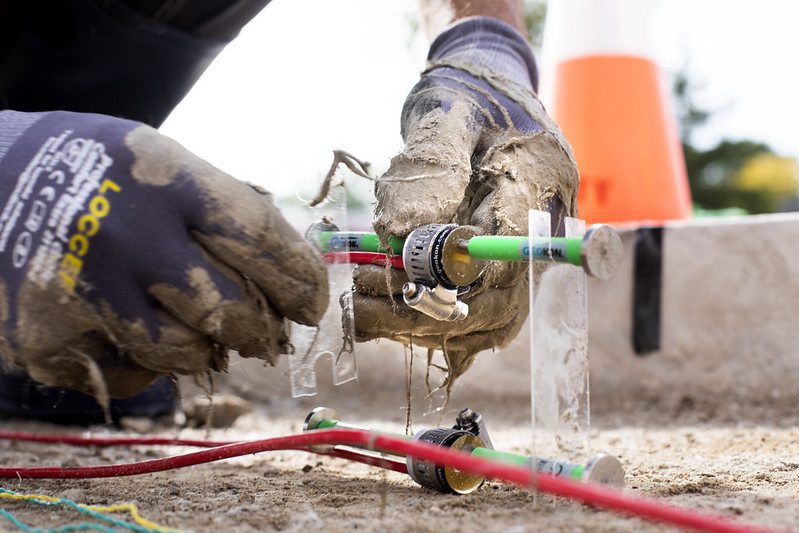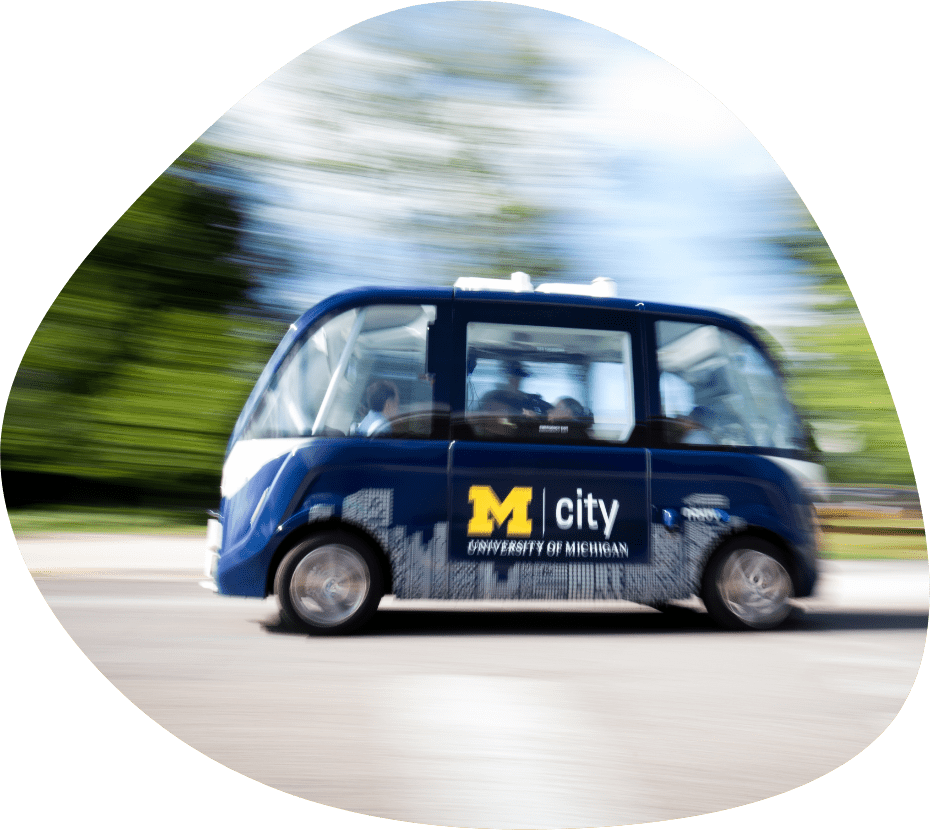The future of civil and environmental engineering is on the brink of a transformative revolution, propelled by the integration of robotics, AI, advanced materials, sensing, and real-time controls. At its core, this evolution is exemplified by innovations such as automated mobility, robotic construction, adaptive utilities, and autonomous water systems. Just like self-driving cars, future energy grids, water systems, and construction processes will adapt and optimize their performance in response to changing conditions. These breakthroughs signal a shift towards infrastructure systems that exhibit embodied intelligence by adapting and optimizing their performance in response to changing environmental and societal demands. As automation becomes more ubiquitous, there arises a critical need for ethical and sustainable design. These systems, intimately intertwined with human lives, habitats, and ecosystems, must be developed with a conscientious approach, prioritizing the well-being of both people and the planet. This evolution of automation is not only transforming the CEE landscape but also reshaping career trajectories within the field. This paradigm shift underscores the urgency to reevaluate and innovate in education and workforce development.
